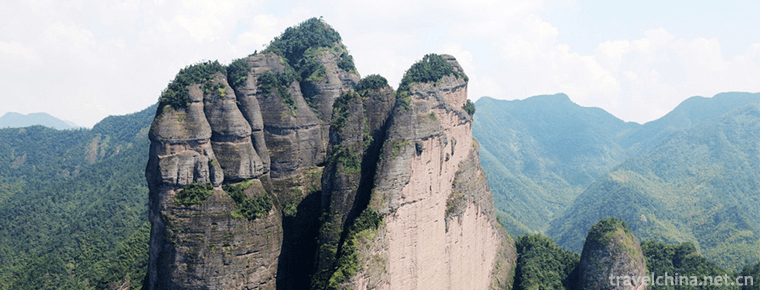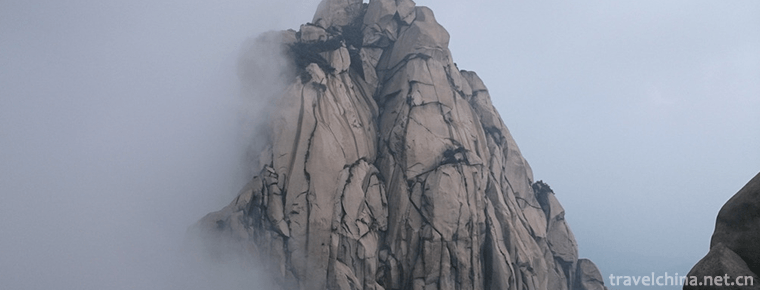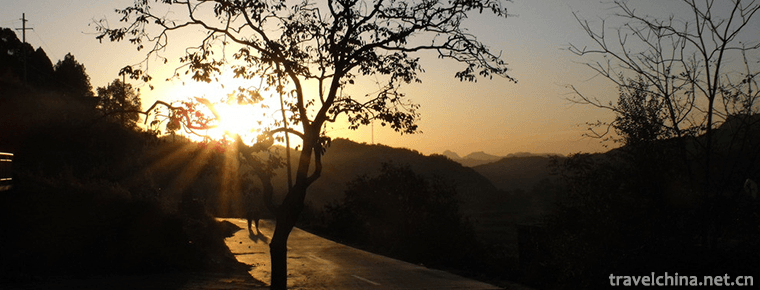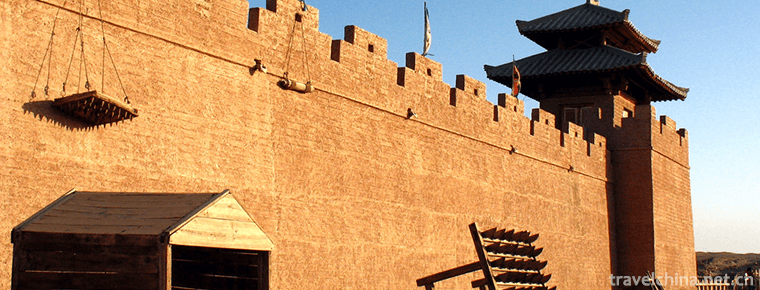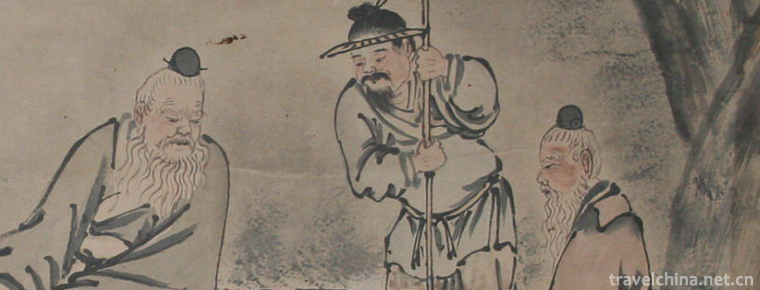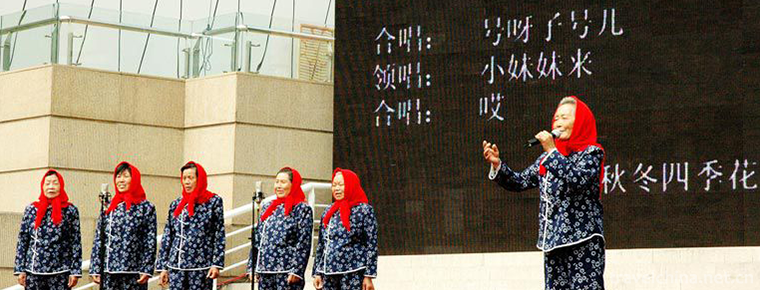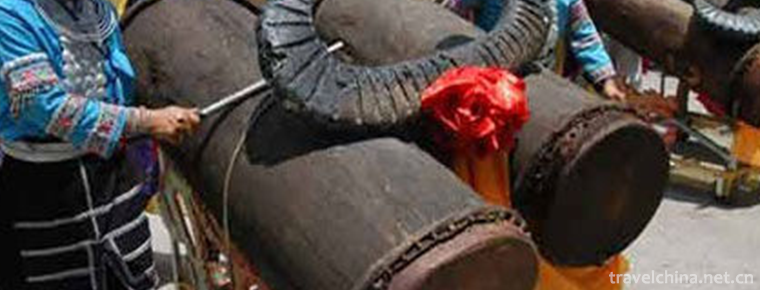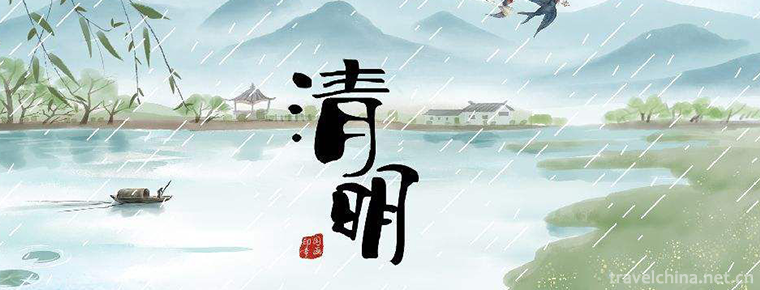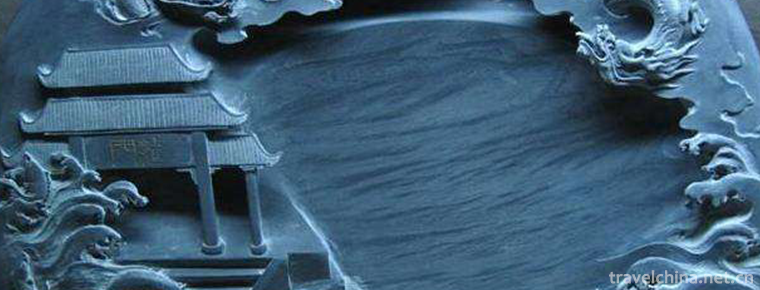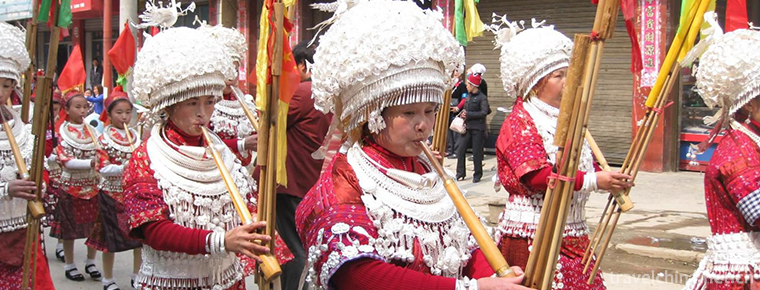Sebin Festival of Ewenki Nationality
Sebin Festival of Ewenki Nationality
"Serbin" is an Ewenki language, meaning "happy and peaceful". Sebin Festival is a traditional festival of the Ewenki people. On Sebin Festival, Ewenki hunters gather together. Celebrations will be held. All tribes, men, women, old and young, will be attended by Song, presided over by tribal chiefs. Simple hunters lit bonfires, sang and danced around them, offered sacrifices to the God Bayiannai, and held grand banquets. After the banquet, the hunters continued to dance until dawn the next day.
On May 23, 2011, the "Ewenki Sebin Festival" declared by Nehe City, Heilongjiang Province, was listed in the third batch of national intangible cultural heritage list with the approval of the State Council.
historical origin
Ewenki is one of the less populous ethnic groups in China. They live in the junction of Great Hinggan Mountains and Hulunbeir Grassland. They have their own language and no written language. Sebin Festival is an Ewenki language, meaning "happy and peaceful". It is reported that the current traditional Sebin Festival folk activities include worship of mountain gods, ethnic singing and dancing performances, traditional competitions, games, picnic wine banquets, bonfire parties, etc. Its customs are primitive and primitive, unique.
According to historical records, the ancestors of the Ewenki people, who lived by hunting, celebrated three days by singing and dancing every time they hunted such beasts as bears, which was the rudiment of the original Sabine Festival. But bears are not easy to catch, so the early Sebine Festival did not have a fixed time, and the content was relatively single because of the "bear sacrifice". Later, owing to the sharp decrease in the number of bears, the Ewenks began to hunt minks, deer and other animals. The Sebin Festival also gradually transited from bear sacrifice to mountain god sacrifice. Sabine Festival's sacrifices and carnivals are also constantly enriched, gradually increasing such content as imitating animal and bird singing and dancing performances, hunting, gathering and production of labor competitive games, as well as Bonfire Dance derived from heating carnival. With the development of the times, the religious color of today's Sebin Festival is gradually fading away, and gradually evolved into the annual grand carnival of the tribe.
Festival activities
Sebin Festival begins with sacrifice. Sacrifices are usually presided over by family, tribal leaders or tribal shamans, offering deer, cattle, sheep, horse milk and other sacrifices in front of mountain god tablets or Obo, in order to pray for good weather, prosperity of human beings and animals, and peace in all seasons. Following the sacrificial ceremony, songs and dances reflecting the Ewenki ethnic style and features and competitive activities have been launched one after another. During this period, a series of traditional performances, such as Luzhijile, Zandale and horse racing, archery, wrestling, were staged one by one. It was not until the beginning of the "picnic" that the traditional dance ended. On the "picnic of customs", the younger generation presents mare's milk to the elders, while the elder distributes auspicious gifts to the children. The picnic wine banquet will continue until the bonfire party, which is the last part of Sebin Festival and the climax of the festival. Men, women and children in the family or tribe are enjoying themselves by drinking, dancing around the campfire (also known as circle dance) and carnivalizing until dawn the next day.
Inheritance value
Ewenki is an ancient nation. They are Ewenki hunters living in big forests. Ewenki Autonomous Banner is located in the junction of Great Hinggan Mountains and Hulunbeir Grassland. Historically, Ewenki people who live in forests and hunt for a living have extremely harsh living conditions, but life can not always be in sorrow and pain. Therefore, they strive to create a happy, peaceful and happy living environment. They encourage each other in the national assembly, and they surround them. The bonfire sang and danced, and there was a carnival like Sebin's Day. In ancient times, Ewenki hunters gathered to celebrate the Sebin Festival. All the tribes, men, women, old and young, attended and were presided over by tribal chiefs. Simple hunters lit bonfires, sang and danced around them, offered sacrifices to the God Bayiannai, and held grand banquets. After the banquet, the hunters continued to dance until dawn the next day.
In the sixteenth century, "Shamanism" emerged among the Ewenki people, believing that "Shaman" was a "god" who could expel the evil ghosts of patients. Shamanism has spread to every clan, each clan has its own "Shaman". Since then, the Ewenki people began to believe in Shamanism, and the "Sebin Festival" characterized by totem has been lost for a time. However, since 1994, some folk festivals have been restored in the Ewenki Autonomous Banner of Inner Mongolia Autonomous Region. Sebin Festival is held on June 18 every year. Rainbow song is a Festival song of Ewenki Sebin Festival.
Inheritance and protection
In the 16th century, "Shamanism" emerged among the Ewenki people, believing that "Shaman" was a "god" who could expel the evil ghosts of patients. Shamanism has spread to all "Uriliang" (clan), each clan has its own "Shaman". Since then, the Ewenki people began to believe in Shamanism, and the "Sebin Festival" characterized by totem disappeared.
After the founding of the People's Republic of China, the people's government of Inner Mongolia Autonomous Region approved the restoration of the Ewenki ethnic name on March 5, 1958, abolished the nicknames "Solon", "Tungus", "Yakut" and so on, and the Ewenki ethnic group realized the unification of the ethnic name. The Ewenki Autonomous Banner was established on August 1, 1958 with the approval of the State Council. At the same time, the Ewenki people scattered in other places have established nine ethnic townships. In December 1984, the Ewenki Research Society of Inner Mongolia Autonomous Region was established. According to the requirements and wishes of the Ewenki people, the Ewenki Research Society of the Autonomous Region has consulted extensively on the name and time of Ewenki festivals, and the Ewenki Research Society of Heilongjiang Province has also participated in the discussion. At the third member congress of the Ewenki Research Association in the autonomous region, the name of "Sebin" was unanimously adopted as the Ewenki festival, and the festival time was set at June 18 each year. The Rainbow Song was tentatively designated as the Ewenki Festival song. The banner, the cadres and the masses of Ewenki nationality townships (Sumu, Ethnic Village and Gacha) were called upon to carry out festival activities at that time.
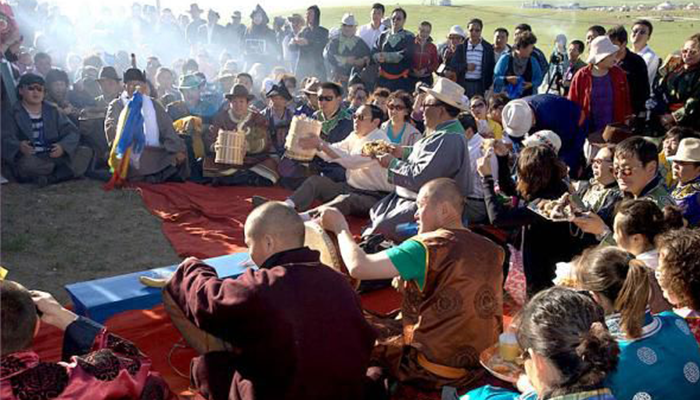
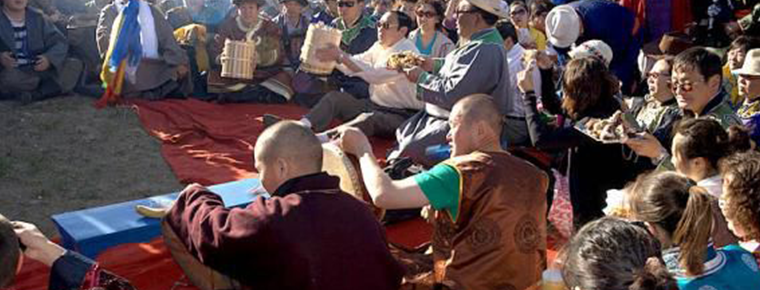
Sebin Festival of Ewenki Nationality
-
Jiang Lang Shan
Jianglangshan, formerly known as Yulangshan and Jinchunshan, is located in Shimen Town, Jiangshan City, Quzhou City, Zhejiang Province
Views: 214 Time 2018-12-07 -
Mount Tianzhu Scenic Area
Tianzhu Mountain Scenic Spot, located in the west of Qianshan City, Anqing City, Anhui Province, is known as "the first mountain in the Yangtze River and Huaihe River" for its main peak
Views: 145 Time 2018-12-08 -
Xingtai Grand Canyon Tourist Area
Xingtai Grand Canyon is a national AAAA scenic spot, a national key scenic spot and a national geological park of China. It is located in Hejiaping Village, Luozhen, Southwest Road
Views: 273 Time 2019-02-26 -
Yumen Pass Yumenguan
Yumenguan was named after Emperor Wudi of Han Dynasty when he opened the Western Regions Road and set up four counties in Hexi. The Han Dynasty was a gateway to all parts of the Western Regions.
Views: 619 Time 2019-03-06 -
Legend of Ronke Mountain
The legend of Mount Ronke is a local folklore spread in Quzhou, Zhejiang Province. Weiqi originated in China, and it is said that the root of Weiqi is Mount Ronke.
Views: 164 Time 2019-05-11 -
Maoshan chant
Maoshan chant is a traditional folk song originating in Maoshan area of Xinghua City, Jiangsu Province. It is a kind of folk song that people in Maoshan use chant form with chant words to stimulate em
Views: 149 Time 2019-05-28 -
Wooden drum dance
Wood drum dance is a kind of folk dance that is spread among the Miao, Yi and Wa people in southwest China to dance and sacrifice by beating wood drum. Its drum shape is mostly to intercept the trunk
Views: 212 Time 2019-06-06 -
Qingming Festival
Qingming Festival, also known as Taqing Festival, Xingqing Festival, March Festival, ancestor worship festival, the festival period in mid-spring and late spring. Qingming Festival originated from anc
Views: 161 Time 2019-06-11 -
Inkstone making skills
Inkstone making skills, local traditional handmade inkstone making skills in Shexian County of Anhui Province and Wuyuan County of Jiangxi Province, is one of the national intangible cultural heritage
Views: 152 Time 2019-07-01 -
Hulusheng Dance of Yi Nationality
Hulusheng Dance of Yi Nationality, the traditional dance of Wenshan Zhuang and Miao Autonomous Prefecture in Yunnan Province, is one of the national intangible cultural heritage.
Views: 134 Time 2019-07-12 -
Luoji Mountain Scenic Spot
Luoji Mountain scenic area is located in Puge County, Sichuan Province, with a total area of 2400 square kilometers, of which the main scenic area is 1083 square kilometers, and the main peak is 4359 meters above sea level.
Views: 117 Time 2020-10-16 -
The origin of style of Chinese Cheongsam QiPao
The first one, represented by Zhou Xibao's the history of ancient Chinese costumes, believes that Qipao is directly developed from the robes of banner women in Qing Dynasty. However, some scholars believe that "although the cheongsam of the Republic of China
Views: 179 Time 2020-12-11
